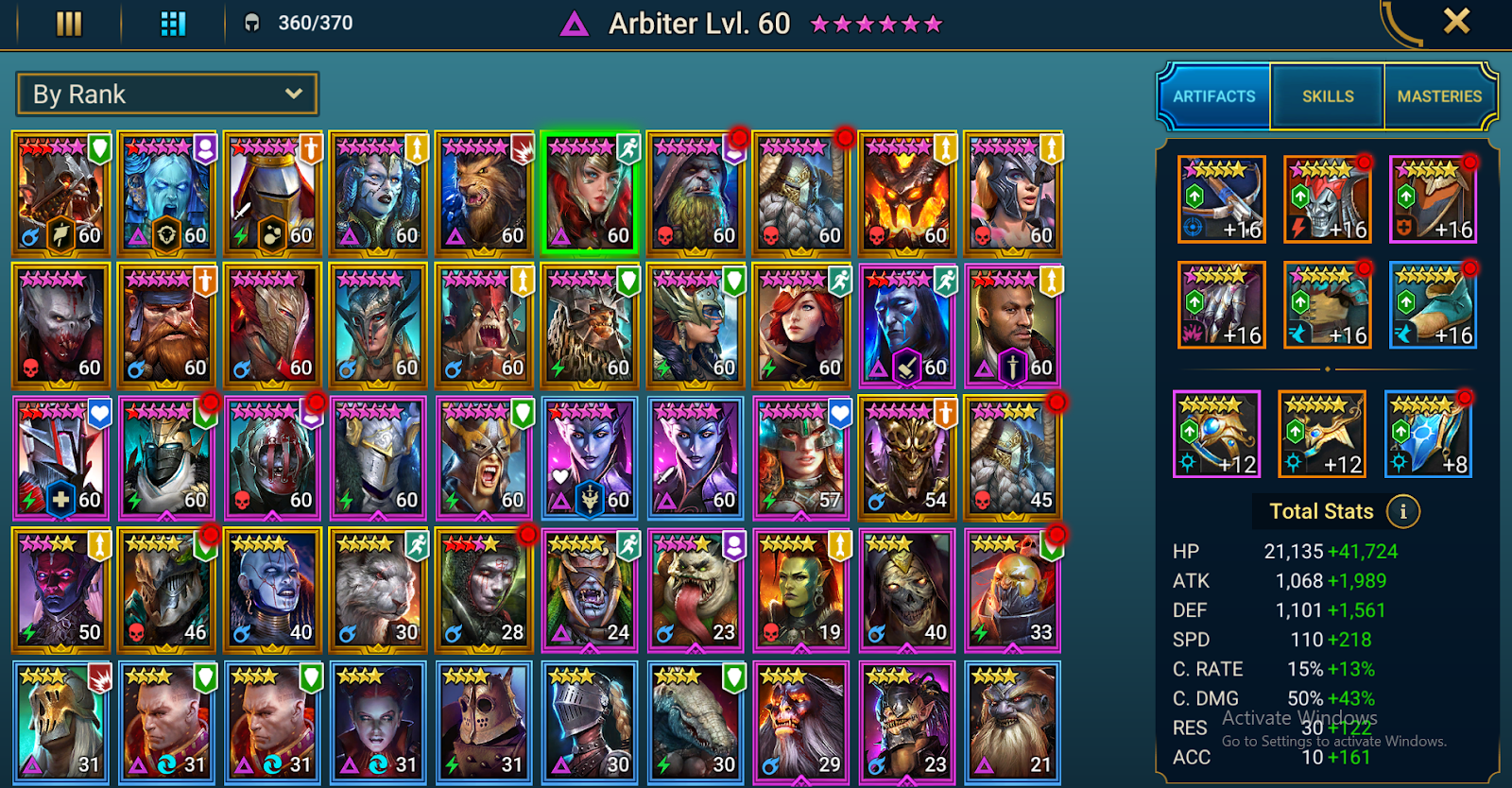As Prime Minister Modi announced an all-India lockdown for three weeks to break the chain of Covid-19, one could see the extent of the threat. It reminded one of the 1918 Spanish flu, which infected 500 million people globally when the world’s population was just 1.8 billion, killed 50 million, of which the largest deaths (estimated 14-18 million) were in India. Obviously, the PM did not want to take any chances. And, he was right.
But, this lockdown also led to pandemonium. Migrant laborers from Mumbai, Delhi, and other metros left in herds for their homes in Bihar, Jharkhand, UP, etc. God forbid, if some of them were already infected, this virus will go to every nook and corner of the country, with hardly any facilities to even test its existence in rural areas.
Relief measures followed. A welfare package of Rs 1.7 lakh crore was announced by the finance minister. This is too small to cope with the onslaught of this virus. We believe, the final package, including compensation for business losses, will be at least Rs 5-6 lakh crore, if not more. How does one finance this cost? Windfall gains from crude price crash, diverting all subsidies and some development funds, CSR funds of the private sector and invoking India’s corporate leaders to come forward, deficit financing, and even a clarion call by the PM to all those in the organized sector with fixed salaries (say, above Rs 50,000/month) to voluntarily contribute at least 10% of their salaries for combating the spillover effects of this virus.
But here, we focus on handling food supply lines, ensuring that people don’t go hungry, but also that they don’t crowd a few selling points, which can become hotspots of spreading the virus. Food is essential and, as they say, no army can march on an empty stomach even for a few days. Those who are confined within the ‘Laxman Rekha’ of their homes graze more often in the kitchen. While the government has already announced that beneficiaries of the public distribution system can avail of three months ration in one go, the challenge is to ensure that Fair Price Shops deliver this in an orderly manner, and that their own supply lines remain intact. Home (street) delivery would be ideal in such times to avoid crowding at one place. This is where civil society, with due safety gear, can play a role.
From NGOs and Resident Welfare Associations to religious organizations and paramilitary forces, all can be engaged in orderly and safe distribution of food, both pre-cooked and fresh. Those NGOs with experience in food preparation and distribution (the likes of Akshaya Patra) can be at the forefront to guide the local authorities.
The challenge, however, is of supplying perishables like fruits and vegetables, milk, and so on. All these need to move on mobile vans in packaged conditions from street to street. The weekly habits/markets need to be temporarily suspended, lest they become viral spreading centers, as everyone touches and feels the quality of vegetables when buying in crowded vegetable markets. Sabzi walls can work with civil society organizations as well as e-commerce players to do this job in a safe manner.
This is about handling the retail distribution, be it of grains, or of fresh food. But, these retail distribution lines need to be seamlessly linked to wholesale supply lines of food. Luckily, government godowns are overflowing with wheat and rice—about 77 MMT on March 1, against a buffer stock norm of 21.4 MMT on April 1. And, procurement operations for rabi crops are just around the corner. FCI, and other procuring agencies need to be fully trained on safety precautions, and supplied safety gear, so that wholesale supply lines don’t get choked. Farmers can be asked to come first to automated centers for procurement, and also expedite modernization of mandis linked to silos. But, the majority of operations require a massive labor force to fill gunny bags. They need to be screened, trained, and given safety gear to handle food.
Another big question is how to handle mandi operations for fresh produce in large APMC mandis, like Azadpur in Delhi, and Vashi in Mumbai, with due safety from the virus. These mandis are creaking from overload of produce, and a large labor force handling the product without any modernization or safety gears. The challenge of screening and providing safety kits to these workers becomes doubly daunting, but it is critical to stop the spread of the virus to every home. We don’t think we are fully prepared for that, and that should come upon as much a priority as the safety of frontline health warriors. Also, we should use this opportunity to suspend the APMC Act and encourage NGOs, civil society, and corporate houses, to directly procure from farmers.
It is interesting to note that normally, in such times, prices of essential food items erupt. Paradoxically, in India, some food items, like chicken and eggs, have registered a sharp fall! In Gazipur Mandi, Delhi, for example, broiler price declined from Rs 55/kg in January 2020 to Rs 24/kg in March. Egg prices have fallen from Rs 4/egg to Rs 1.95/egg in Namakkal over the same period. This also pushed maize prices down as poultry is largely packaged maize feed. The government may have to think of compensating poultry and maize farmers in due course.
Finally, when things settle, it will be worth knowing how this virus spread all the way from Wuhan to Iran to Italy to Washington and the world. Who failed in their duty to blow the whistle and alert the world in time? Is it China, WHO or simple lethargy of the world to quickly respond to the outbreak of such virus. We need better global governance for pandemics to avert the next crisis.





No comments:
Post a Comment